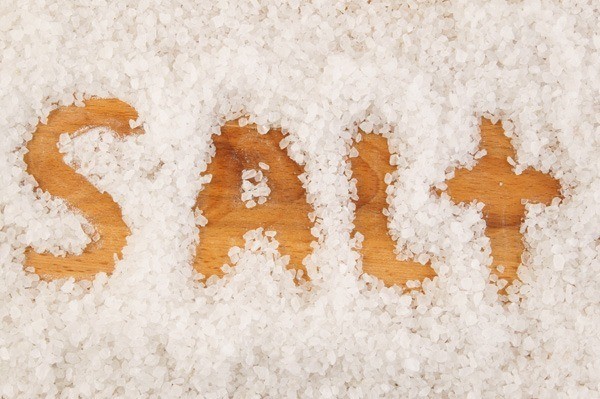
If you’ve ever used the phrase, “Pass the salt please?” chances are there’s too much salt in your diet. While a certain amount of sodium is necessary for our bodies to function properly, the majority of us sprinkle salt far too liberally.
In this post, we take a look at one of humanity’s oldest seasonings, how it impacts our bodies, and how to monitor our intake.
Are salt and sodium the same?
No. Salt is a compound called Sodium Chloride while Sodium is a chemical element (Na) found in the Earth’s crust.
What does sodium do for your body?
Sodium is an essential nutrient for human beings because it regulates blood volume, blood pressure, osmotic equilibrium, and pH levels in our bodies. Sodium is also needed for your muscles and nerves to work properly. In fact, each of us needs a minimum of 500 milligrams of sodium a day. This is where salt, or Sodium Chloride, enters the picture. It’s the principal source of sodium in the human diet and one of our most ancient and ubiquitous food seasonings – in fact, for thousands of years, salting has been an important method of food preservation.
What are some sources of sodium?
Sodium occurs naturally in most foods such as celery, beets, milk, and even our drinking water (although the amount varies depending on the source). These days, unfortunately, most of our sodium intake comes from processed foods: Monosodium glutamate, sodium nitrite, sodium saccharin, baking soda (sodium bicarbonate), and sodium benzoate can be found in items such as Worcestershire sauce, soy sauce, onion salt, garlic salt, potato chips, and bouillon cubes. Processed meats like ham, sausage, bacon, and canned soups and vegetables are all examples of foods that contain a lot of sodium. And of course, a drive-thru at McDonald’s, or any other fast-food restaurant, will leave you filled with food that’s extremely high in sodium.
Can too much salt/sodium in your diet be harmful?
Absolutely. At Mountain Trek, we recognize every person is unique, and recommended sodium intakes will vary based on age, metabolism, amount of exercise/sweat, medications, etc. However, Health Canada sets the adequate intake of sodium for women at 1500 mg daily, and a tolerable upper intake level of 2300 mg/day. How much exactly is that? Well, 2300 mg is the amount of sodium that’s found in one teaspoon of salt. And recent research shows we’re consuming a lot more than that. The average North American man consumes about 3500 mg of sodium every day and women consume 2500 mg. Their large amounts promote hypertension, an ailment that causes 7.6 million premature deaths worldwide. If you’re chronically eating a diet that’s high in salt you are at risk of high blood pressure, which in turn increases your risk of heart attack and stroke. There are also some studies that suggest too much salt consumption can increase the risk of osteoporosis and kidney problems.
Sodium and exercise
Ask any Mountain Trek guest who’s hiked 10km with us and they’ll tell you that they sweat. A lot. And when you perspire, your body loses sodium, potassium, and other essential minerals and nutrients. If you’re hiking, jogging, kayaking, or doing any athletic activity over long distances, and you don’t rehydrate properly, you could be contributing to a decreased blood/sodium concentration. And the result might be ringing in your ears or mild heart palpitations. (In extreme instances you could succumb to hyponatremia, a condition similar to dehydration in which nausea, muscle cramps, disorientation, slurred speech, and confusion may occur.) Does that mean you should drink Gatorade every time you exercise? Absolutely not! Gatorade is full of sugar and it’s not an effective electrolyte replenishment tool. (For more about, electrolytes, check out our blog called “Electrolytes – Myth Busted!”)
Everybody responds differently to exercise and therefore our sodium needs vary. Fortunately at Mountain Trek, our team of nutritionists and chefs are all looking out for you 24-7. Before we head out on the hiking trails we make sure you’re getting the proper amount of sodium in your diet through our delicious meals, and once on the trail our experienced guides monitor how you’re feeling all along the way and have electrolyte supplements like Vega Sport on hand.
How to lower your salt intake
- Avoid processed foods as one small meal could have twice the recommended daily intake of sodium. Stick to whole foods, vegetables, and fruit
- Cook with less salt
- Drink lots of water to flush excess salt
- Sauna or steam to sweat out excess salts
- If you’re experiencing a craving for salty foods, try these seasoning alternatives:
Garlic powder (not garlic salt)
Roasted garlic
Granulated sea kelp or sesame seeds
Onion powder (not onion salt)
Lime or lemon juice
Veggie Salt
Nutritional Yeast
What is Mountain Trek?
Mountain Trek is the health reset you’ve been looking for. Our award-winning health retreat, immersed in the lush nature of British Columbia, will help you detox, unplug, recharge, and roll back years of stress and unhealthy habits. To learn more about the retreat, and how we can help you reset your health, please email us at info@mountaintrek.com or reach out below:
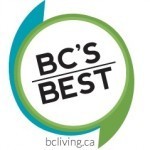 BC Living has just listed Mountain Trek as one of their “To Do” activities in the province.
BC Living has just listed Mountain Trek as one of their “To Do” activities in the province.

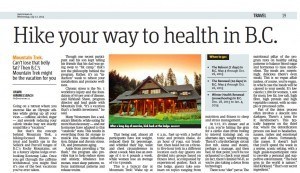 Toronto-based freelance writer Vawn Himmelsbach visited
Toronto-based freelance writer Vawn Himmelsbach visited
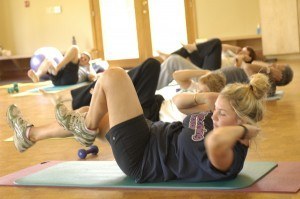 A few weeks ago we published a blog called “
A few weeks ago we published a blog called “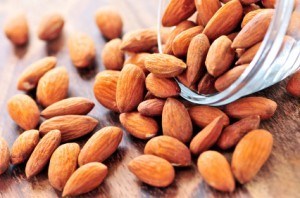 What are some sources of potassium?
What are some sources of potassium?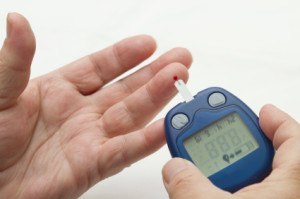 What is the relationship between potassium and diabetes?
What is the relationship between potassium and diabetes?
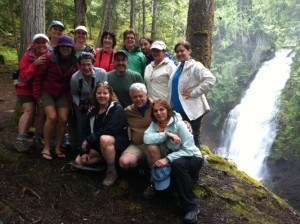
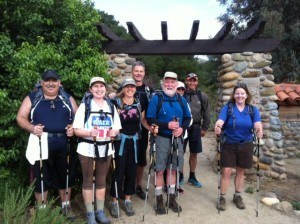
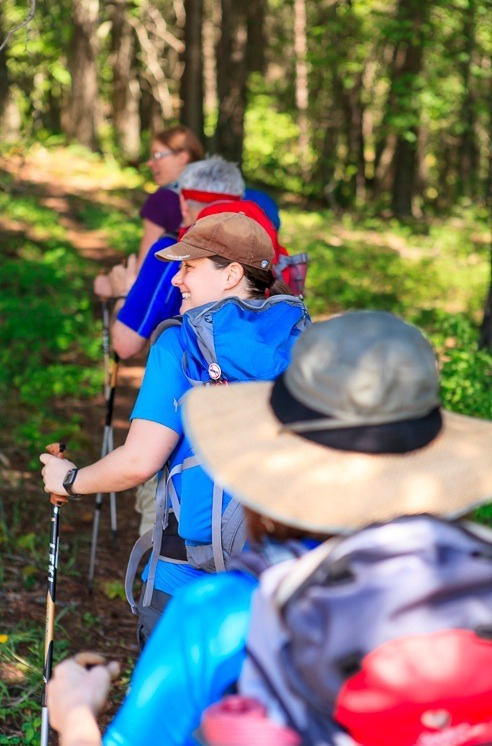 This past week one of our alumni, Mary, wrote on
This past week one of our alumni, Mary, wrote on 